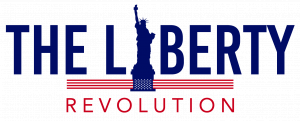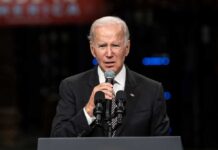Johns Hopkins University has been called out online this week for excluding women from its definition of the word “lesbian” in their LGBTQ dictionary.
The “Gender and Sexuality Resources” office at the faculty’s alma mater provides a dictionary of LGBTQ identities and phrases.
Experts argue that while the goal was good, the effort to include non-binary persons was problematic.
The Johns Hopkins University definition, available online until Tuesday, defined a lesbian as a “non-man attracted to non-men.”
The institution has taken down the whole vocabulary from its website “to determine the origin and context” of the controversial terms.
The experts think that the folks at Johns Hopkins University may have made things worse by trying to be too inclusive.
Helen Kennedy, executive director of Egale Canada, a human rights group for two-spirit, lesbian, gay, queer, transgender, bisexual, and intersex persons, said she is concerned that the phrase will promote negative and biased stereotypes about transgender people.
As of the 6th of October, 2022, the page defined a lesbian as a “woman who is affectionately, romantically, emotionally, relationally, or sexually, attracted to other women.”
A screenshot from a week later shows the amended version, which uses the term “non-man.”
This week, though, the adjustment seems to have provoked fury in some parts of social media and tabloid media that had previously been unaware of.
According to Kennedy, the term for homosexual man in the Johns Hopkins lexicon is another possible “lightning rod” because it does not include equivalent “non-woman” wording.
As an alternative, it refers to “a man who is romantically, emotionally, affectionately, relationally, or sexually attracted to other men.”
Marusya Bociurkiw, a media theory professor at Toronto Metropolitan University, noticed this double standard.
She said that “most lesbians” understand that trans women are among the most disadvantaged members of society and that lesbians should already be regarded as inclusive of transgender women and persons who identify as women.
That “not using the term woman” or “not trying to nuance it doesn’t help the situation,” she added.















